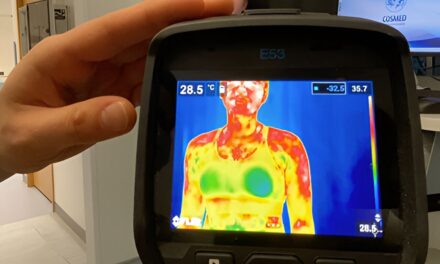Brain organoids, often dubbed “mini brains,” represent a remarkable feat of scientific ingenuity, offering insights into brain development and diseases. However, the ethical concerns surrounding these lab-grown brain tissues, particularly when derived from human fetal tissues, have sparked intense debate and scrutiny.
Researchers from the Graduate School of Humanities and Social Sciences at Hiroshima University delve into the complexities of brain organoid research, shedding light on the legal and ethical considerations inherent in this innovative biotechnology. Their findings, published on March 4 in EMBO Reports, contribute significantly to ongoing discussions and lay the groundwork for informed decision-making and ethical stewardship.
Brain organoids, three-dimensional human brain tissues cultured from stem cells, replicate the complexity of the human brain in a laboratory setting. While traditionally derived from pluripotent stem cells, recent advancements enable the generation of these organoids from human fetal brain cells, intensifying legal and ethical debates.
Associate Professor Tsutomu Sawai, the lead author of the study, underscores the need to address ethical dilemmas and legal complexities arising from advanced organoid research, particularly concerning the use of fetal tissue obtained through elective abortions.
The study emphasizes the necessity of a comprehensive and globally harmonized regulatory framework tailored to navigate the intricate ethical and legal landscape of fetal brain organoid (FeBO) research. Key considerations include informed consent protocols, ethical implications of organoid consciousness, transplantation into animals, integration with computational systems, and broader debates surrounding embryo research and abortion ethics.
Fellow researcher Masanori Kataoka emphasizes the advocacy for robust ethical and regulatory frameworks at national and international levels to ensure responsible progress in brain organoid research, including FeBOs.
Sawai stresses the importance of advancing ethical and regulatory discussions systematically, prioritizing human dignity and ethical integrity in scientific and medical progress.
Moving forward, the research duo aims to continue promoting responsible and ethical progress in brain organoid research. By advocating for frameworks that prioritize ethical integrity, they strive to ensure that all research involving brain organoids, including FeBOs, aligns with principles of human dignity and ethical conduct.












